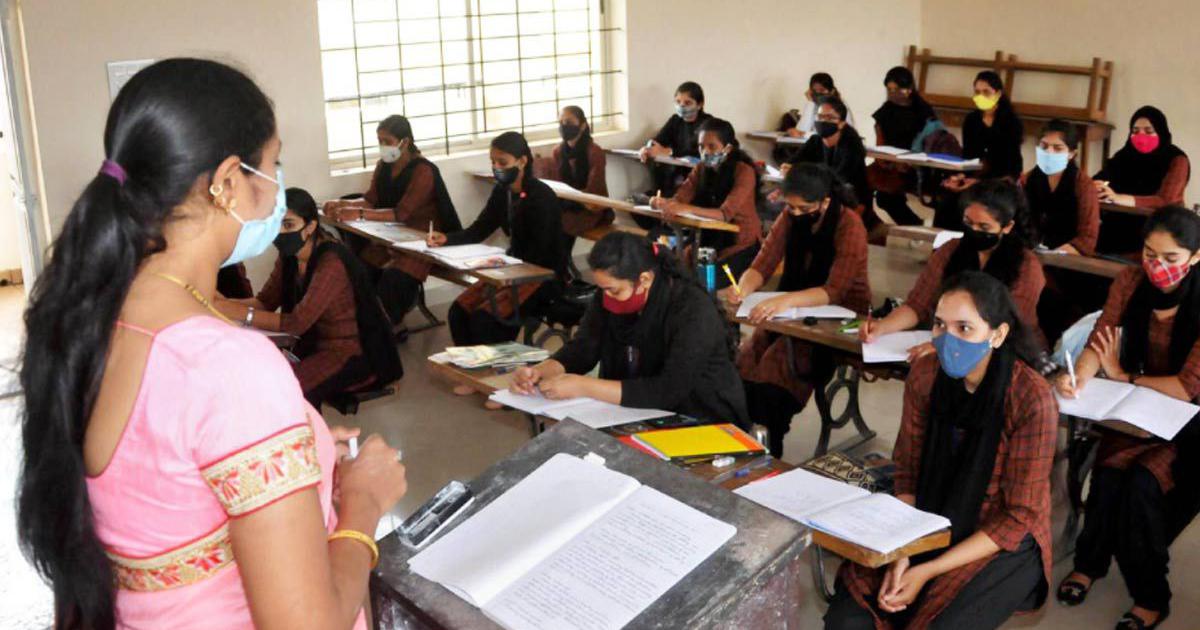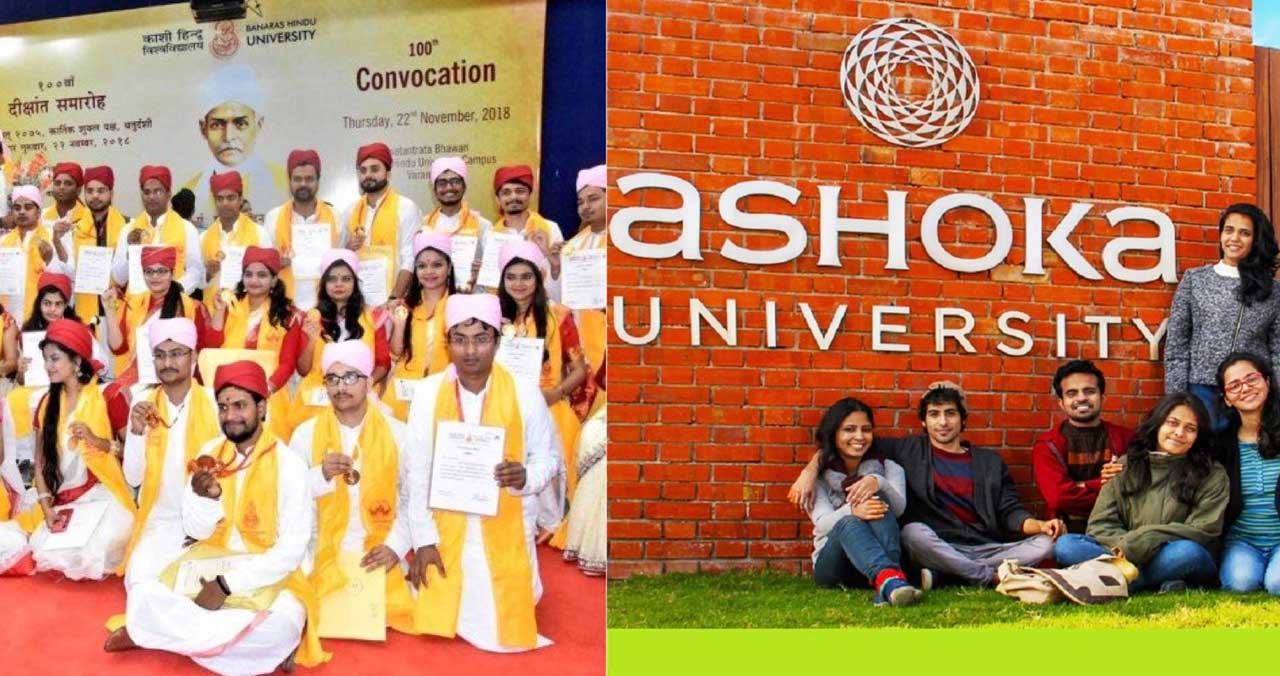An array of issues pertaining to reservation in employment and education, and even in legislature, have received increasing attention in legislative and public debates, academic discourse and the media in the last few years. This is particularly the case on the eve of elections to state assemblies and Parliament. These issues include representation, identification, admission, deletion, classification, etc. The Report of the Parliamentary Committee on OBC Creamy Layer System, placed in the Lok Sabha on 24 June 2019, observed that despite revision of the creamy layer income limit, OBC reservation had not picked up. It recommended keeping Class 3 employees free of the creamy-layer condition. According to a report received in 2016 from 78 central ministries and departments, OBC reservation was far below 27 per cent mark. Out of 32.58 lakh central employees, the share of OBCs was seven lakhs only.
READ THE FULL ARTICLE HERE: OBC quotas apply to profs and associate profs too, but there is the glass ceiling




